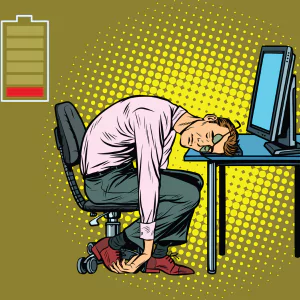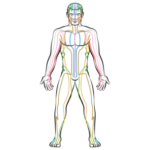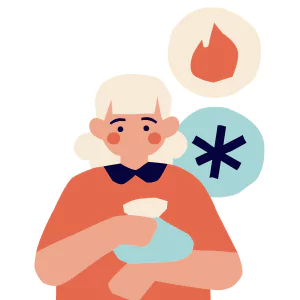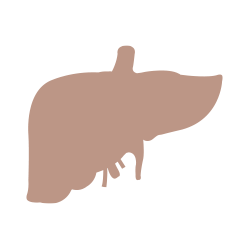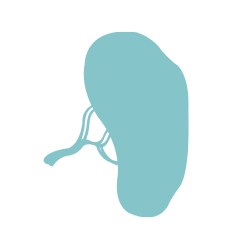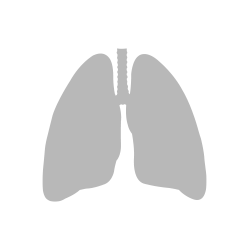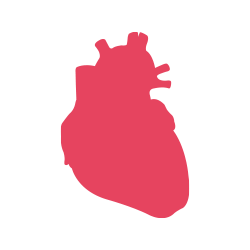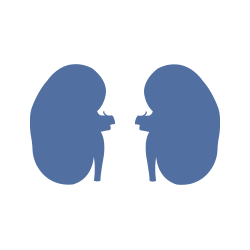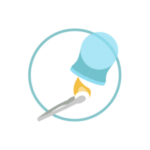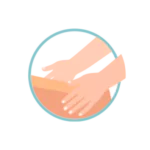A person who has mild symptoms such as a dry mouth or a runny nose can still be unhealthy from a TCM perspective, even without suffering from the usual illnesses like fever or flu. Find out what it means to have sub-health and know some warning signs.
“Sub-health is imbalance in the body that has not developed into an illness yet,” explains Physician Lin Jiayi, who is based at the Eu Yan Sang TCM Clinic at Serangoon Nex.
“A person who has sub-health can just feel uncomfortable. If she goes to a hospital to do a check-up, she would not be diagnosed with a disease.” This is because Western medicine tends to identify illness by the presence of specific pathogens.
However, TCM evaluates health by observing the overall state of the body. While sub-health usually does not cause major discomfort, it indicates an imbalance in the body that might lead to more serious conditions or illness. That is why TCM physicians advise that one should monitor one’s health for symptoms of sub-health.
What causes sub-health?
Imbalance in the organ systems is the most common cause of sub-health.
In TCM, one’s well-being is dependent on the harmonious relationships between five major organs— the Heart, Liver, Spleen, Lungs and Kidneys. In TCM, each organ is a system of functions that is not limited to the functions of the anatomical organs. For example, the Heart is thought to influence the Blood as well as the emotions. The organs also have interdependent relationships with each other: the Heart supports the Spleen, while the Spleen is restricted by the Liver.
Sub-health can be the result of issues in a specific organ or, more typically, issues that affect more than one organ. “When it comes to sub-health, normally more than one organ is causing the problem,” Physician Lin notes.
Common Signs of Sub-health
Signs of sub-health can be easy to overlook. Be aware of these common symptoms.
 Sign 1: Insomnia
Sign 1: Insomnia
Possible cause: A common cause of sleeping difficulties is Heart fire — too much Yang or too little Yin in the Heart system. This leads to an excess of heat that disturbs the mind and body. According to Physician Lin, Heart fire often occurs together with Liver fire because the two organs have a close functional relationship.
 Sign 2: Irritability
Sign 2: Irritability
Possible cause: The feeling of being irritated or stressed might be caused by stagnation of Liver Qi, meaning the flow of Qi through the Liver has been impeded. This prevents the Liver from effectively carrying out its functions, which include the regulation of emotions.
 Sign 3: Runny nose in the morning
Sign 3: Runny nose in the morning
Possible cause: A runny nose or sneezing in the morning may indicate a deficiency in Lung Qi. Other symptoms of deficient Lung Qi include shortness of breath, being susceptible to flu and sweating easily.
Sign 4: Constipation
Possible cause: Deficiency in the Spleen can cause difficulty with bowel movements. Spleen deficiency may also lead to other digestive issues such as bloating and gastric pain. “Many people have deficient Spleen Qi because of their lifestyle,” reveals Physician Lin. “They consume too much junk food and cold drinks, and eat at irregular intervals.”
Sign 5: Frequent urination
Possible cause: A need to pee more frequently, especially at night, might be caused by a deficiency in the Kidney system. Another sign of Kidney deficiency is lower back pain.
Sign 6: Hair loss
Possible cause: Hair loss is often caused by a deficiency in the Kidney and Liver systems. These organs govern the Blood and nourishment of the body, and are closely linked.
Simple remedies for sub-health
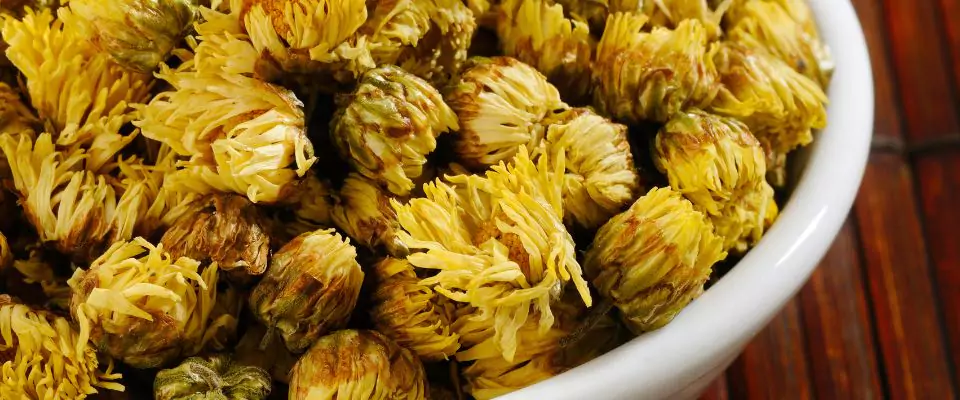 To restore a person’s balance, a physician may recommend treatments or diet and lifestyle changes that target specific organs. Here are some possible remedies:
To restore a person’s balance, a physician may recommend treatments or diet and lifestyle changes that target specific organs. Here are some possible remedies:
For conditions caused by Heart fire: Drink cooling teas such as Chrysanthemum and Lophatherum Herb (Danzhuye, 淡竹叶). It also helps to go to bed earlier.
For conditions caused by Kidney and Liver deficiency: Take Fleeceflower Root (Heshouwu, 何首乌) which works on the Liver, Kidneys, and Blood.
For conditions caused by weak Spleen: Avoid cold food, cooling food, and raw food.
Do not overeat and have meals at regular intervals.
From the Traditional Chinese Medicine (TCM) perspective, your body constitution can be broadly categorized into 10 types. In this one-to-one personal session with the physician, you can find out about your current dominant body constitution. Getting to know one’s body constitution is the first important step towards taking control of your own health. Eu Yan Sang TCM Health Constitution Report includes lifestyle-changing tips and simple recipes that can benefit your particular body. Let the physician be your personal guide to nurse yourself back to optimal wellness.
Eu Yan Sang TCM Health (Body Constitution) Report
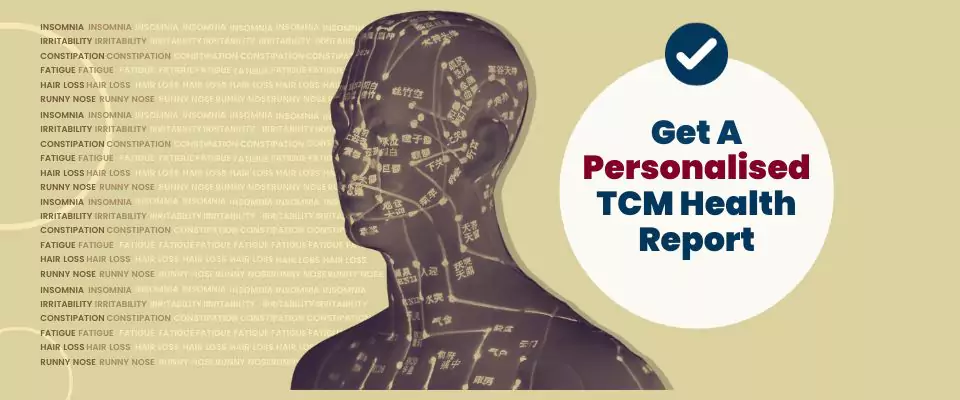 At just $48*, Eu Yan Sang’s Comprehensive TCM Health Report includes:
At just $48*, Eu Yan Sang’s Comprehensive TCM Health Report includes:
One-to-one detailed consultation with Eu Yan Sang’s qualified TCM Physicians
Diagnosis of your dominant body constitution
13-pager comprehensive report in both English and Mandarin
TCM-based lifestyle recommendations to regain balance
*Additional consultation charge applies at our TCM Centre and Premier TCM Centre, prevailing GST applies.



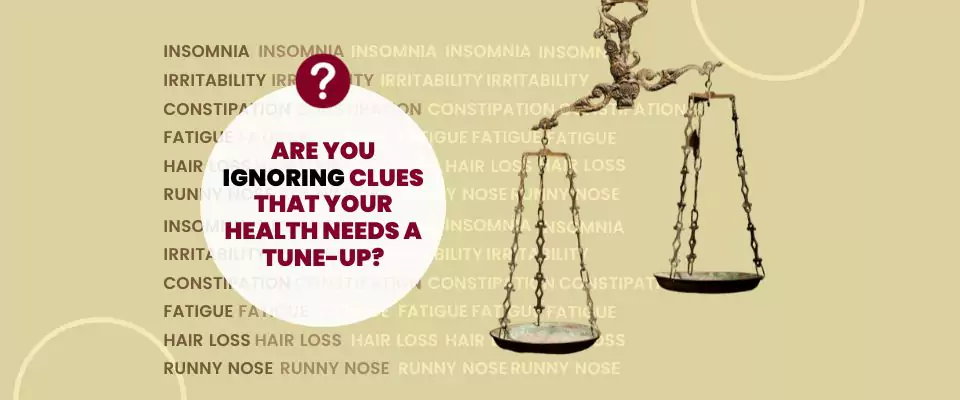
 Sign 1: Insomnia
Sign 1: Insomnia Sign 2: Irritability
Sign 2: Irritability Sign 3: Runny nose in the morning
Sign 3: Runny nose in the morning To restore a person’s balance, a physician may recommend treatments or diet and lifestyle changes that target specific organs. Here are some possible remedies:
To restore a person’s balance, a physician may recommend treatments or diet and lifestyle changes that target specific organs. Here are some possible remedies: At just $48*, Eu Yan Sang’s Comprehensive TCM Health Report includes:
At just $48*, Eu Yan Sang’s Comprehensive TCM Health Report includes:




 Here are detailed tips for each emotion:
Here are detailed tips for each emotion:
